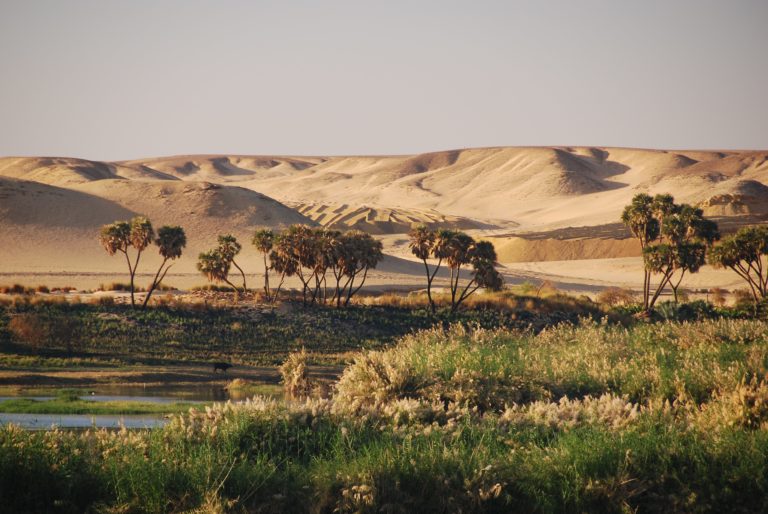
Read part one of Crisis on the Nile
“The water goes away all the time, we don’t know how to handle this issue. The other day I even opened the tap and the water that came out was stinking of sewer,” — Cairo resident
The Nile River provides 97 percent of the freshwater supply in Egypt and serves a population of more than 99 million people. The UN estimates critical shortages of drinking water in the country by 2025.
Unlike Capetown that nearly ran dry this summer, the main problem is not drought, but pollution, particularly from untreated agricultural and residential waste. Egypt uses 85 percent of its water resources for agricultural activities, of which 90 percent is used for conventional agriculture. But agricultural wastewater, which carries the residue of chemical fertilizers and pesticides, is drained back into the Nile River.
The stress on Nile River water resources is being made worse by the development of what will be the largest dam in Africa, the Grand Ethiopian Renaissance Dam on the Blue Nile—the Nile’s largest tributary that supplies about 85 percent of the water entering Egypt. It will take every effort to stop the devastaing impacts that this dam presents.
Meanwhile, Egyptians are trying to keep the water that they do have clean and safe. A study published in 2017 in the Egyptian Journal of Aquatic Research, and referenced in this recent article highlighting Egypt’s poor water management, notes that environmental laws remain unenforced.
“Most of the industries in Egypt have made little effort to meet Egyptian environmental laws for Nile protection, where, the Nile supplies about 65 percent of the industrial water needs and receives more than 57 percent of its effluents.”
Another article just published by YSI notes that “existing laws didn’t enforce legal actions against damage to the environment… until recently.” With pressure on, including by local environmental groups, the government has taken steps to establish a monitoring network on the Nile. The country’s parliament passed environmental legislation that will require every industrial facility to monitor its own wastewater quality in real time and report the data to the Ministry of Environmental Affairs.
Waterkeeper Organizations and Affiliates know that it often takes grassroots citizen action to ensure environmental laws are enforced. A priority of Waterkeeper Alliance’s new business plan, Project Osiris, is to protect the Nile River Basin and ensure that it can provide safe, drinkable water for what may soon become a billion people in Egypt alone. Join us.
Feature image by Michael Gwyther-Jones